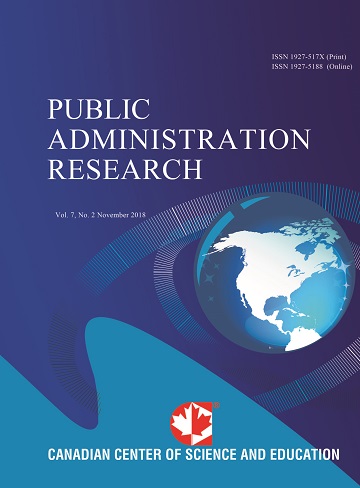Testing Relationships between Sex of Respondent, Sexual Harassment and Intentions to Reenlist in the U.S. Military
- Juanita Firestone
- Justin Hackett
- Richard Harris
Abstract
Intentions to reenlist in the U.S. military are analyzed in relation to reported experiences of unwanted, uninvited individualized and more general environmental sexual behaviors and whether or not any such incidents are labeled as sexual harassment. Such behaviors should reduce the likelihood of reenlistment and harassing behaviors are expected to have a greater impact on the intentions of women compared to men. Data, from the "Armed Forces 2002 Sexual Harassment Survey," indicated harassment has a negative impact on reenlistment intentions and affects men and women differently. Environmental harassment is more related to women’s reenlistment intentions, while individualized harassment is stronger for men. Accusations of individualized forms of sexual harassment may create a negative image of the organization and be more likely to be concealed. The anonymity of this survey may allow men to state that they experienced sexual harassment. Because of the “Don’t ask…” policy, sexual orientation was not measured.
- Full Text:
 PDF
PDF
- DOI:10.5539/par.v1n1p1
Journal Metrics
h-index (2017): 7
i10-index (2017): 6
h5-index (2017): 7
h5-median (2017): 13
Index
- COPAC
- CrossRef
- DTU Library
- EBSCOhost
- EuroPub Database
- Excellence in Research for Australia (ERA)
- Genamics JournalSeek
- Ghent University Library
- Google Scholar
- Harvard Library
- Infotrieve
- Jisc Library Hub Discover
- LOCKSS
- Mir@bel
- Norwegian Centre for Research Data (NSD)
- Open J-Gate
- PKP Open Archives Harvester
- Publons
- ROAD
- Scilit
- SHERPA/RoMEO
- Stanford Libraries
- Ulrich's
- UniCat
- Universe Digital Library
- UoS Library
- WorldCat
Contact
- Gabriel TaiEditorial Assistant
- par@ccsenet.org
